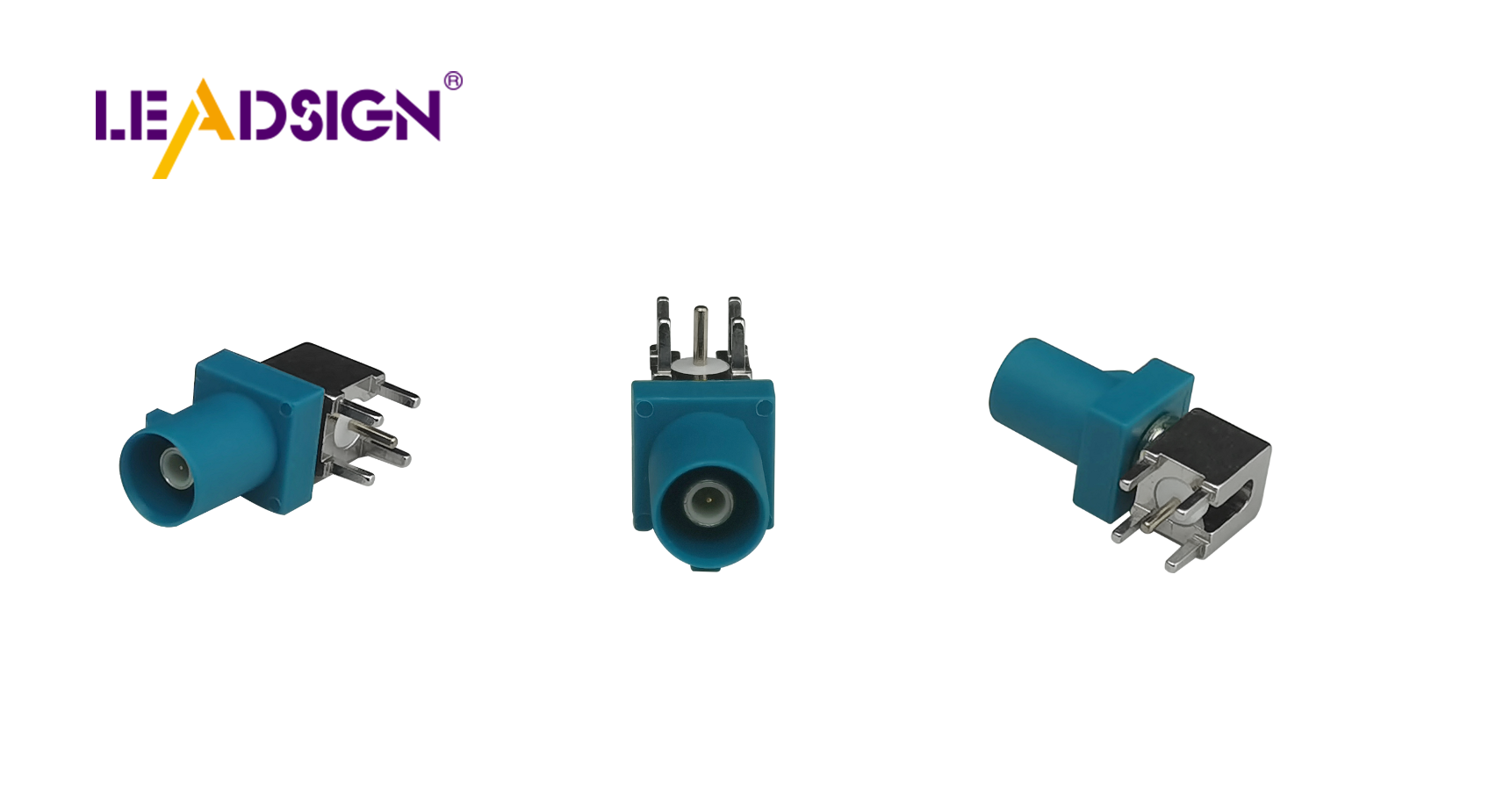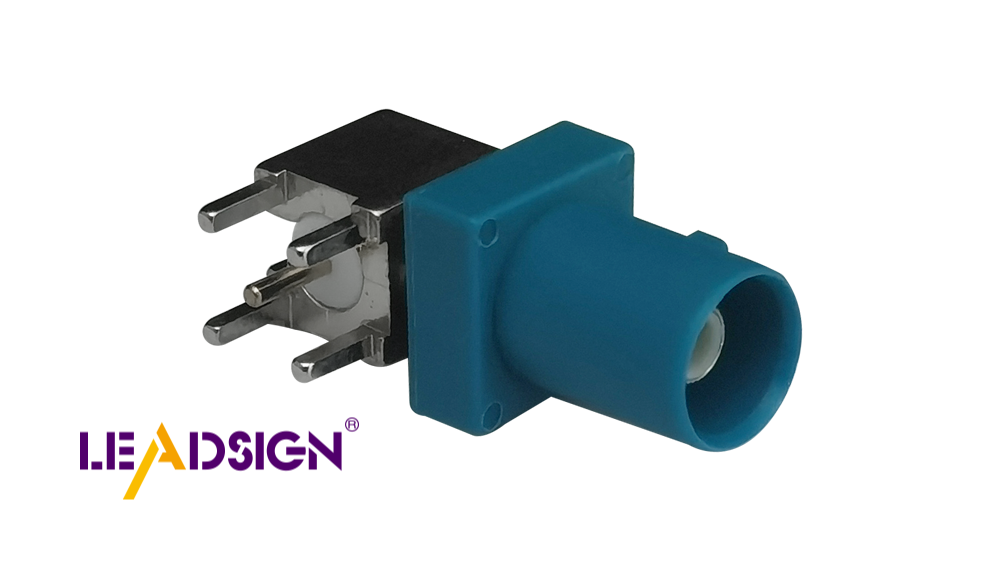Discover Reliable Automotive Wire Connectors Types

In cars, various automotive wire connectors types play a crucial role. You might not notice them, but they help your car work well and safely. These small parts link different parts of your car's electrical system. They make sure everything talks to each other properly. Without good connectors, you might have problems like broken lights or engine troubles. Knowing about different wire connector types helps you pick the right ones for your car. So, when you think about fixing your car, remember these tiny but strong connectors matter a lot.
Understanding Automotive Wire Connectors Types

When you look at car wire connectors, there are many kinds. Each type is made for different jobs. Let's check out some common types and what they do.
Sealed Connectors
Sealed connectors are like heroes. They keep water and dirt away from your car's wires. This makes them great for tough places.
Examples of Sealed Connectors
Some well-known ones are JAE MX23A and Bosch EV1. These are used in important spots like fuel injectors. They help your car run well even in bad conditions.
Uses and Benefits of Sealed Connectors
Use sealed connectors where there's water or dust. They protect well, keeping your car's electrical parts safe. This lowers the chance of problems and helps parts last longer.
Crimp Connectors
Crimp connectors are also important in cars. They hold wires tight by squeezing them into place.
Examples of Crimp Connectors
Ancor double crimp and Wirefy heat-shrink crimp connectors are popular. They're known for being strong and easy to use.
Uses and Benefits of Crimp Connectors
Use crimp connectors when you need a strong connection. They're simple to put on and last a long time, keeping your car's wiring secure.
Specialized Connectors
Specialized connectors are made for special needs that regular ones can't handle.
FAKRA Connectors
FAKRA connectors are a good example. They're used for things like radios and GPS systems.
Uses and Benefits of FAKRA Connectors
You'll find FAKRA in many car electronics. They meet tough standards, offering safety and strength. With smart designs, they save space too, improving your car's electronic systems.
Picking the Right Connector
Choosing the right car wire connectors is very important. It helps your car work well and stay safe. Let's look at what to think about when picking connectors.
Wire Thickness Matters
When choosing a connector, think about wire thickness. Wire thickness shows how thick the wire is. It tells you how much electricity it can carry. Using the right thickness stops wires from getting too hot or causing trouble.
Why Matching Thickness is Important
It's important to match wire thickness to connectors. If a connector is too small, it can't handle electricity well. This might cause wires to get hot or even catch fire. A connector that's too big won't hold wires tight enough. Make sure wires fit snugly for a safe connection.
Electricity Needs
Another thing to check is electricity needs. This means how much electricity a connector can handle without breaking. Know how much electricity your car's system uses.
Making Sure of Good Electricity Handling
To make sure connectors handle electricity well, check their details. Ensure they meet or beat your needs for safety and smooth running. Using correct connectors keeps your car safe and working well.
Weather Conditions
Where you drive affects connector choice too. Different places change how connectors work and last.
How Weather Affects Connector Choice
Think about heat, wetness, and dust in your area. If it's tough outside, pick strong connectors like sealed ones for wet spots. They protect wires and keep connections lasting long. By thinking about weather, you choose reliable connectors for your car.
Choosing the right wire connectors is key for your car. They help your car's electrical parts work well and safely. By knowing the types, you can stop problems like wires getting too hot or breaking.
Want to improve your car's wiring? Look for products that fit what you need. Whether sealed, crimp, or special connectors, pick the best ones to make your car last longer and work better.
See Also
Significance of FAKRA Connectors in Auto Industry Applications
Essentiality of HSD Connectors in Auto Sector
Fundamentals of HSD Connectors in Auto Sector

